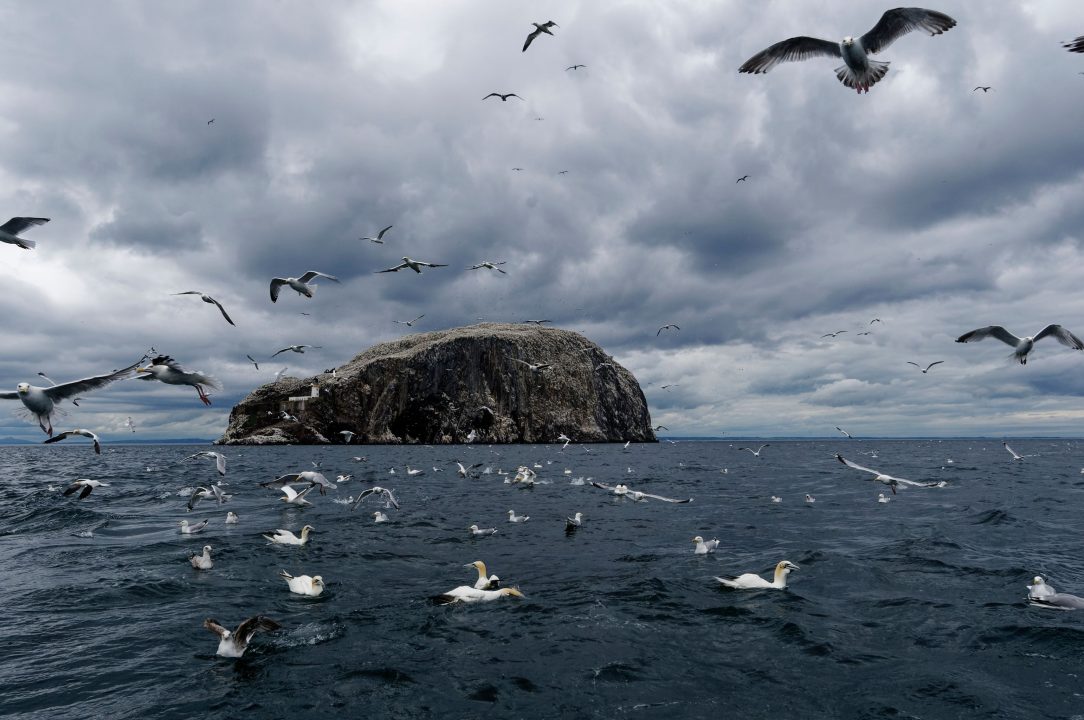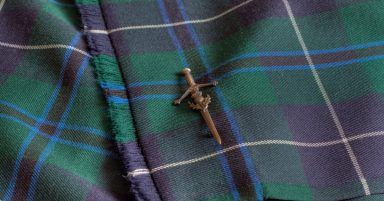“Over 100” dead birds have been discovered in East Lothian, prompting fears of an outbreak of avian flu.
On Tuesday, East Lothian Council said a number of dead gannets were discovered in Yellowcraig and North Berwick.
It is understood that there have been more than 150 dead birds discovered from Bass Rock, off North Berwick, which is home to around 150,000 gannets during peak season.
The local authority confirmed tests are currently under way to determine if bird flu is the cause.
The Scottish Seabird Centre said a small number of birds from the Bass Rock population, off North Berwick, were being taken for testing. Scheduled trips to the popular visitor site are continuing with extra hygiene measures in place.
Susan Davies, CEO of the seabird centre said that it was too early to tell the severity of the impact on the population if avian flu is confirmed as behind the deaths.
She said: “Over the last week we have, and continue to, see a more significant number of dead and/or sick gannets washed up along the East Lothian coastline.
“These have been reported to the relevant authorities and a small number of birds from the Bass Rock will be collected for testing for avian flu.
“If avian flu is confirmed, we simply don’t know at this stage how severe an impact it may have on the gannet numbers. We will continue to monitor the situation and update in due course.
“We have a small number of visitor landing trips to the island scheduled and have already implemented extra biosecurity and personal hygiene measures for these.”
Avian influenza mainly affects birds but it can also affect humans and other mammals.
The council urged members of the public not to touch any birds and to report dead waterfowl such as swans, geese and ducks to the Department for Environment, Food and Rural Affairs (Defra).
Meanwhile Comhairle nan Eilean Siar said it was aware of reports of unusually high number of dead seabirds on the islands.
The Western Isles council said it was aware of an outbreak of avian flu affecting wild bird colonies and also urged members of the public not to touch any carcasses.
The council added that should members of the public come across five or more other types of birds dead in one location, that they do not touch the carcasses or try and remove them.
Comhairle nan Eilean Siar also urged members of the public to contact Defra if they come across any dead birds on the islands.
Follow STV News on WhatsApp
Scan the QR code on your mobile device for all the latest news from around the country


 iStock
iStock


























